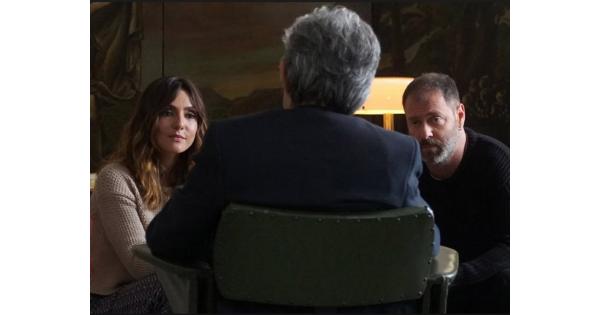
By the time a couple seeks treatment in my office, they have typically made many attempts to change on their own. The attachment in the relationship is weakened, distance increases, and permission has been given to engage in conflict. Couples know that something has to change, but very few know exactly what to expect throughout the course of therapy.
Marriage and Family Therapists are trained in a variety of theories which explain how change needs to occur as couples therapy progresses. Each therapist will not only choose their on modality for guiding them through stages of treatment, they will also have a personal style based on their own personal life experiences, influences in their training, as well as their experience in working with couples in a clinical setting. While each therapist may provide a unique clinical experience for change, they all should be able to explain relational dynamics which contribute to the problems the couple is experiencing, as well as a treatment plan that describes interventions throughout therapy which will produce differences for the couple.
The clients that I work with want me to fully understand the degree of distress in which they find themselves in. This is an important part of initiating therapy. At the same time, they want to be reassured that the therapist is hopeful, and can instill hope in the couple, that change is possible.
About 4 months into my initial experiences of being a student therapist, a young couple came to see me. They were only married for about 6 months, and after a few sessions which I thought went well, the wife disclosed in session that she was done with the marriage, and left the session, never to return. The husband followed her out, and let me know about 3 weeks later that she submitted her part of the divorce paperwork. As a new therapist who thought my passion, drive, determination, and training could prevent divorce, I nearly changed my career after this experience. Instead, I had to come to a powerful realization which has served me well for 18 years in working with couples. My focus is about promoting change, and I must fully respect the couple's decision as to how they want to define the relationship. If they want to improve trust, connection, communication, attachment, and repair past relational injuries, then I have many effective ways of helping them to accomplish such treatment goals. At the same time, if a couple wants to dissolve the relationship, then I can help them do this in the most effective and healthy manner.
Despite what a couple wants to do in regards to their relationship, I take the approach that I will not allow them to remain the same as long as they remain engaged in therapy. The experiences which I create for them in therapy, and how I support those changes going home with them after each session demand change. This always requires the therapist to demand change, and use interventions which not only prevent the couple from continuing the interactions which continue to cause harm, but also implement new ways of interacting which they are not used to.
Couples typically do not report significant changes within the first few sessions. However, over the course of treatment, I have been privileged to work with hundreds of couples who were able to realize their goals for therapy, and who report that things are significantly different from when they started therapy. Just remember, change in couples therapy isnt a destination, it is a process which occurs when the therapist leverages the therapeutic relationship combined with theory based interventions.
To setup an appointment, feel free to contact me.
Anthony T. Alonzo, DMFT, LMFT, CFLE

